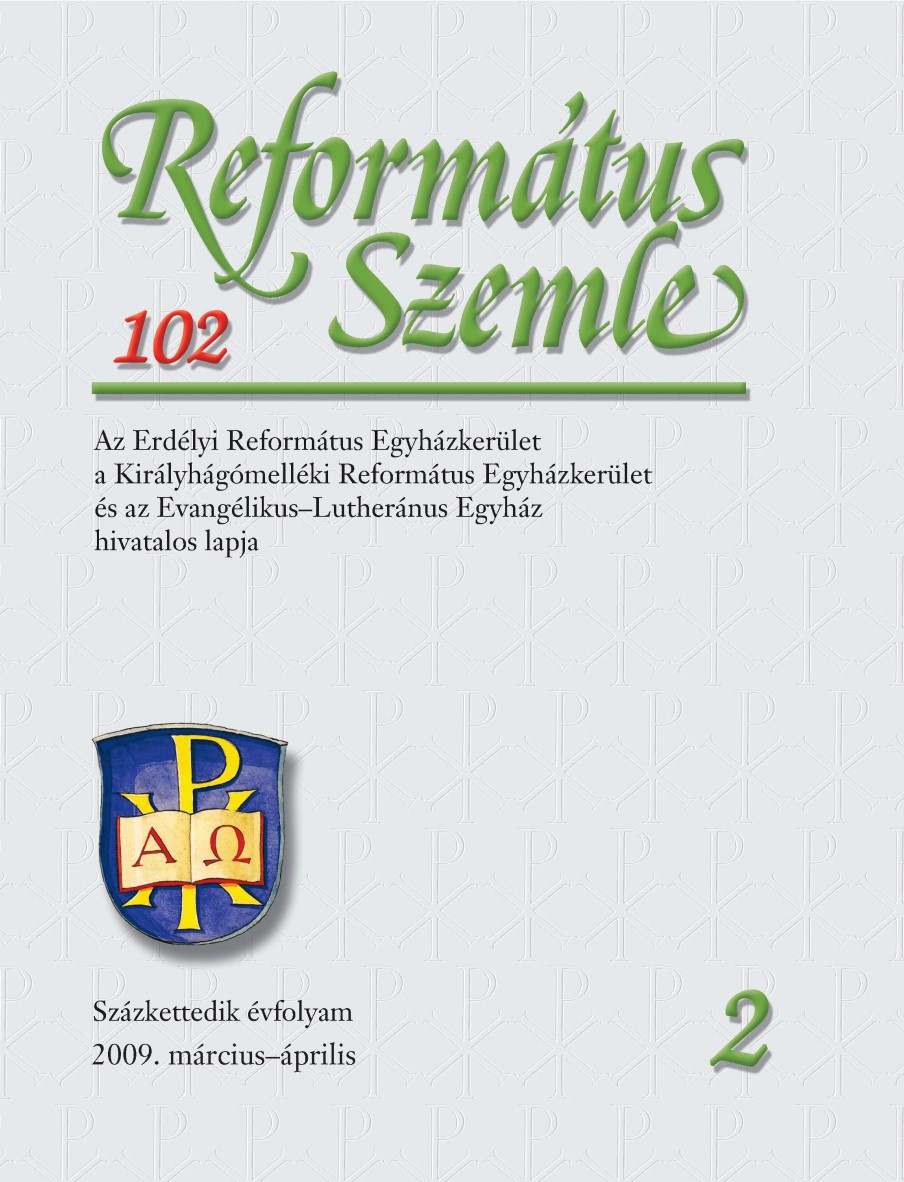Tehetjük-e, hogy amiket láttunk és hallottunk, azokat ne szóljuk?
Can we keep from speaking about what we have seen and heard?
An exchange of letters between Karl Barth’s disciples and Reinhold Niebuhr in 1957
Author(s): Istvan Pasztori-KupanSubject(s): History of Church(es), Theology and Religion, Systematic Theology, Sociology of Religion
Published by: Erdélyi Református Egyházkerület
Keywords: Karl Barth;Reinhold Niebuhr;1956 Hungarian revolution;church and state;
Summary/Abstract: As a continuation of the article Silence: Is It Golden or Complicity?, published in the previous issue of Református Szemle, this paper brings to the Hungarian readership the exchange of letters between Karl Barth’s disciples and Reinhold Niebuhr in April 1957, which had appeared in The Christian Century. Based on the available evidence it becomes clear that at least in one case (i. e. of the Hungarian Cardinal Mindszenty) Karl Barth and his five disciples chose to believe the Soviet propaganda instead of accepting the historical truth about the Hungarian revolution of 1956 – a truth nonetheless upheld and blamelessly defended by Reinhold Niebuhr. It appears that Barth’s failure to realise and accept the existence of a valid comparison between the horrors of Fascism and Communism led to his increasingly anachronistic – and by consequence, largely unbalanced view of the historical reality. His influence upon later theologians – also in this, rather unfortunate sense – is undeniable. Ast he time to face the consequences and lessons of Communist dictatorships approaches, it seems more and more obvious that Reinhold Niebuhr’s attitude towards these issues is of far better use for the contemporary Christian ethicist than it may have been estimated so far.
Journal: Református Szemle
- Issue Year: 102/2009
- Issue No: 2
- Page Range: 195-213
- Page Count: 18
- Language: Hungarian

